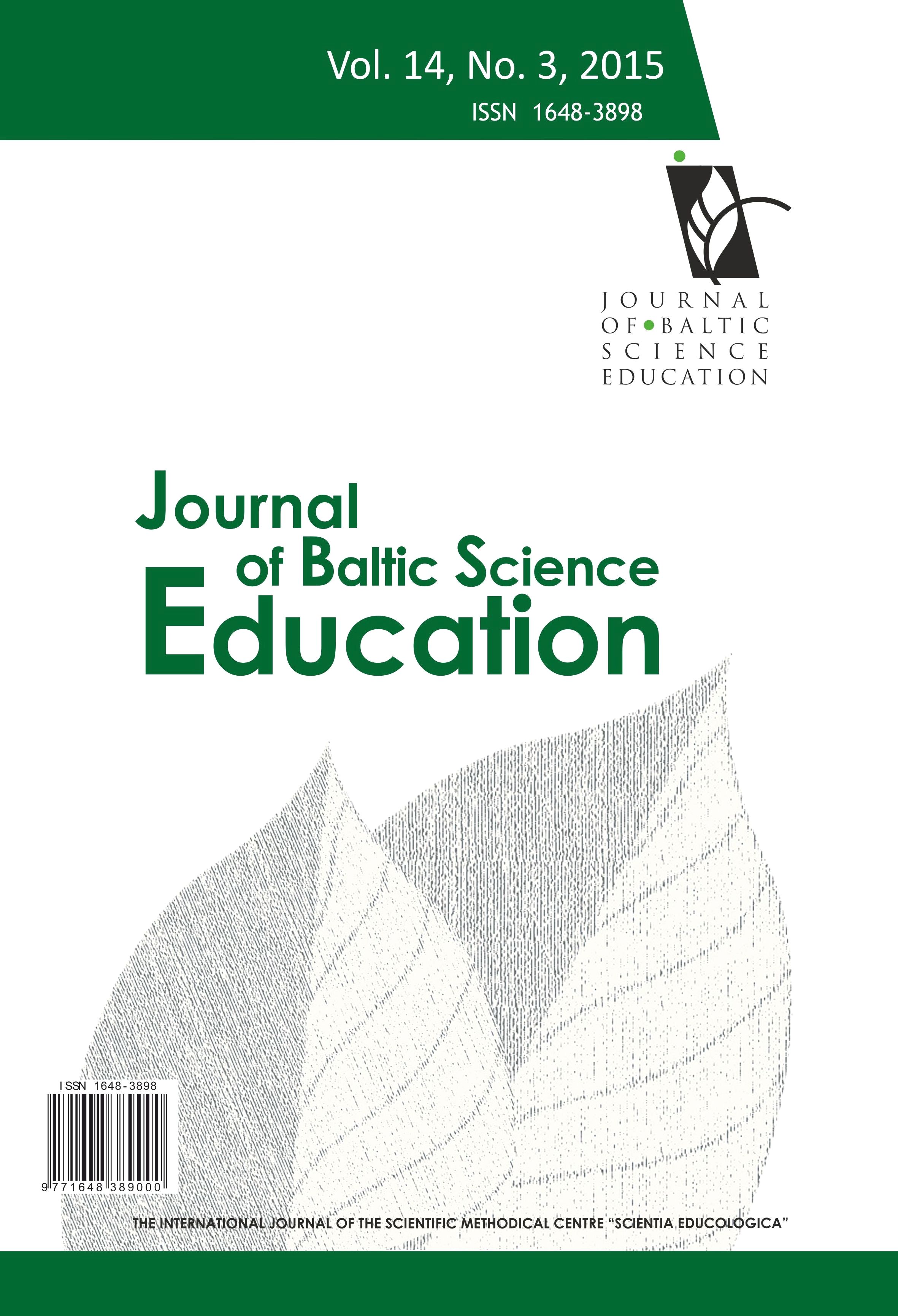A RISK PERCEPTION MODEL OF CLIMATE CHANGE FOR UNIVERSITY STUDENTS
A RISK PERCEPTION MODEL OF CLIMATE CHANGE FOR UNIVERSITY STUDENTS
Author(s): Shyang-Chyuan Fang, Tai-Yi YuSubject(s): Education, Adult Education, Higher Education , Environmental interactions
Published by: Scientia Socialis, UAB
Keywords: climate change; environmental behavior; partial least square; personality trait;
Summary/Abstract: This study establishes a behavioral model for university students by utilizing the theories of planned behavior and value-belief-norm, and proposes key latent variables for risk perception toward climate change to establish a structural equation model. Partial least squares analyses and three indicators are utilized to test the reliability, validity, and goodness-of-fit of the model. This study establishes a mixed model with formative and reflective indicators, and assesses both environmental concern and personality traits as formative indicators. Using standardized path coefficients, eight out of 10 paths demonstrate statistical significance, indicating that environmental value and environmental attitudes influence environmental behavior. Three of the five included personality traits (e.g., agreeableness, extraversion, and openness) demonstrate a positive correlation with environmental behavior and environmental attributes. Individuals’ risk perception positively influences their environmental value, environmental attitudes, and environmental behavior with respect to climate change.
Journal: Journal of Baltic Science Education
- Issue Year: 14/2015
- Issue No: 3
- Page Range: 339-350
- Page Count: 12
- Language: English

